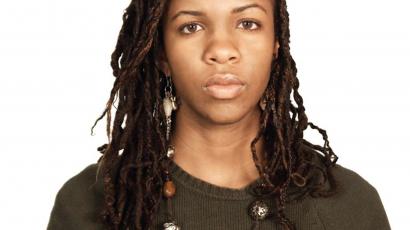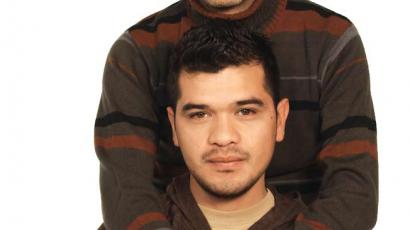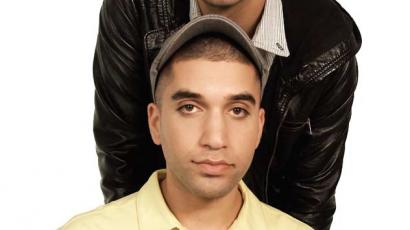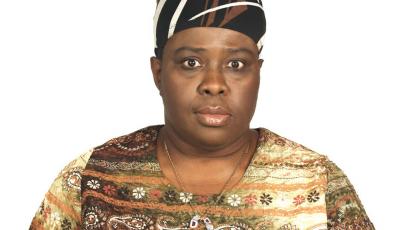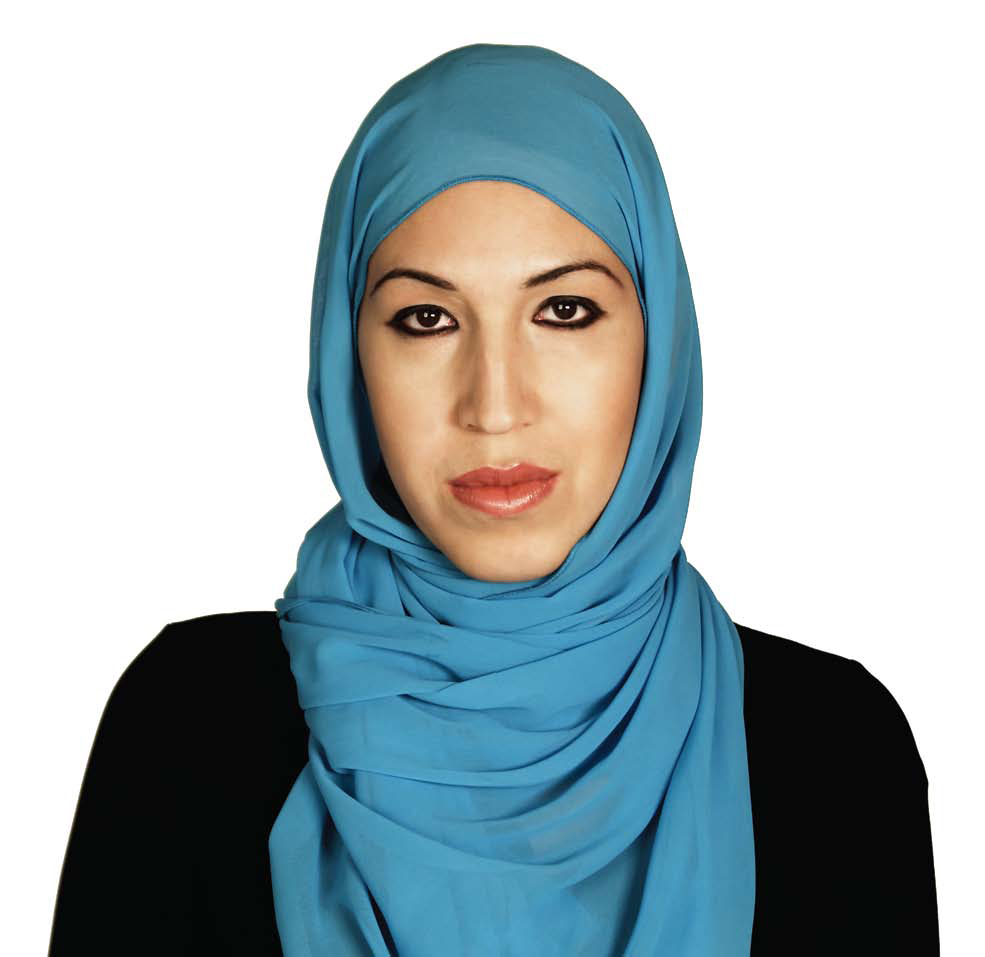
“It was very hard, because we thought I was the only one here, and then after a while, we recognized that we are not alone…It was a relief.”
Since meeting a community of transgender people in Ottawa, Nouri feels happier than when she first arrived in Canada from South Asia with her family several years ago. Nouri is 21 years old and she spends her time taking English classes – two a day! – and going to arts programs for trans newcomers at a local community centre. She has found it helpful to have somewhere to share the worries that she is facing, and especially likes being able to get together with other trans people to talk about challenges like finding employment. Most important, though, are the friendships that Nouri has made at the school she attends with her older sister: “Now I am very happy. We have a lot of friends there, and we are going, talking to them. And when I am absent, they are missing us.”
While friends have provided a sense of community, Nouri also has a number of different service providers in her life who support her and her family – a settlement worker, a translator, her teacher from the job skills training program and the doctor at the community health centre. Granaz, her teacher, has been especially helpful. Not only has she been discreet and confidential about Nouri's gender identity, making her feel comfortable in class, but she has also helped to have her name changed from her legal male name to her chosen name, Nouri, on documents used at the agency.
Nouri also hopes to eventually change her name legally. Having a male name on government documents while living as a woman has created confusion in some situations, as well as discrimination when looking for a job: “For now it’s a problem because I am one person, and my name is another person. I was applying for some job, and I didn’t get it, because my real name is another, and they found out I have two names. This is our problem now but maybe, after the surgery, I hope to be done everything.” Another time, when Granaz was away, the substitute teacher read Nouri’s male name off the class list during roll call and caused her tremendous embarrassment and distress.
Sometimes helping Nouri negotiate negative attitudes about trans identity has its own negative consequences. For example, even Granaz, who Nouri likes so much, advised her to pretend that she only speaks English with people from her home country so that she won’t have to answer personal questions. While intended to maintain her privacy, this also means that Nouri is cut off from her community: “We were embarrassed sometimes. It's hard for us to talk to people because everything was in change, and we didn't know how to explain to them. In this way we keep a little bit separate.” At the same time, Nouri feels hopeful about her and her family’s life here. She finds strength in her faith – “It’s all coming from Allah. Allah helped us to come here and now I can change my gender, and this is our best wishes here.” – and with her English steadily improving and a good group of friends, Nouri's next project is to take sewing classes to learn to make clothes!
